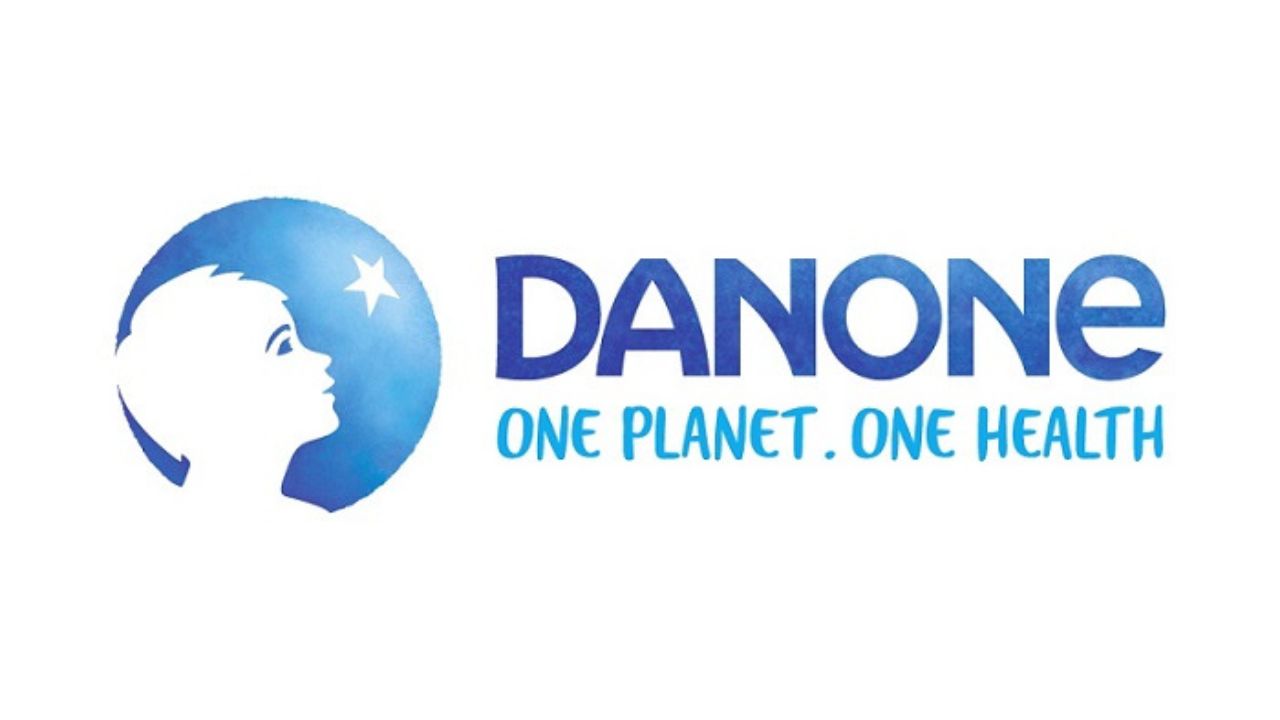In an era where environmental consciousness is becoming increasingly important, companies across industries are striving to adopt sustainable practices. One such company that has made remarkable strides in the realm of packaging recycling and waste reduction is Danone, a global food and beverage corporation. Recognizing the pressing need to address the ecological impact of its packaging, Danone has implemented a series of innovative initiatives aimed at closing the loop on packaging waste. This article explores some of Danone’s groundbreaking efforts in sustainability and how they are leading the charge towards a more circular economy.
1. Commitment to Circular Packaging
Danone’s commitment to circular packaging is at the core of its sustainability strategy. Circular packaging aims to minimize waste by designing products and packaging in a way that enables materials to be reused or recycled continuously. To achieve this, Danone has set ambitious targets, including making all its packaging 100% recyclable, compostable, or reusable by 2025. By embracing circularity, the company is reducing its reliance on single-use plastics and setting an example for others in the industry to follow suit.
2. Lighter and More Sustainable Packaging
Danone has invested significantly in research and development to create lighter and more sustainable packaging options. By reducing the weight of its packaging materials, the company is not only decreasing its carbon footprint but also cutting down on raw material consumption. This initiative extends across all their products, from bottled water to yogurt containers, proving that even small changes can lead to significant environmental benefits when adopted on a large scale.
3. Partnerships for Recycling Infrastructure
Recognizing the need for a robust recycling infrastructure to support its circular packaging goals, Danone has forged partnerships with various stakeholders. Collaborating with local governments, recycling companies, and NGOs, the company has worked to enhance recycling capabilities in regions where its products are distributed. These partnerships facilitate the collection and processing of used packaging, ensuring that it doesn’t end up in landfills or oceans.
4. Designing for Recyclability
Danone understands that successful recycling begins with product design. As such, the company has adopted a “design for recyclability” approach, which involves creating packaging that is easy to recycle and separate into its constituent materials. By working closely with packaging designers and manufacturers, Danone has optimized the recyclability of its packaging, making it easier for consumers to participate in the recycling process effectively.
5. Innovative Materials and Technologies
In its pursuit of more sustainable packaging solutions, Danone has explored innovative materials and technologies. For instance, the company has experimented with plant-based plastics derived from renewable resources like sugarcane, corn, or algae. These bioplastics have a lower carbon footprint compared to traditional fossil fuel-based plastics. Additionally, Danone has explored advanced recycling technologies that can convert complex packaging structures into reusable materials, further reducing waste.
6. Consumer Education and Engagement
Educating consumers about the importance of recycling and waste reduction is crucial for driving behavioral change. Danone has taken an active role in consumer education through various campaigns and initiatives. By using its marketing platforms to promote responsible recycling practices and proper waste disposal, the company encourages consumers to become active participants in the circular economy.
7. Investing in Closed-Loop Systems
As part of its long-term sustainability vision, Danone has invested in closed-loop systems, where the materials used in packaging can be recovered and reused to create new products. This “circular supply chain” ensures that materials stay within the production cycle, reducing the need for virgin resources and minimizing environmental impact. By supporting closed-loop systems, Danone is further reinforcing its commitment to a waste-free future.
Danone’s initiatives for packaging recycling and waste reduction exemplify the company’s dedication to sustainability and environmental responsibility. By adopting circular packaging practices, investing in recycling infrastructure, and promoting consumer education, Danone is closing the loop on packaging waste and setting new standards for the food and beverage industry. As more companies follow suit and embrace similar initiatives, we move closer to a world where packaging waste becomes a thing of the past, and a truly circular economy becomes a reality.








